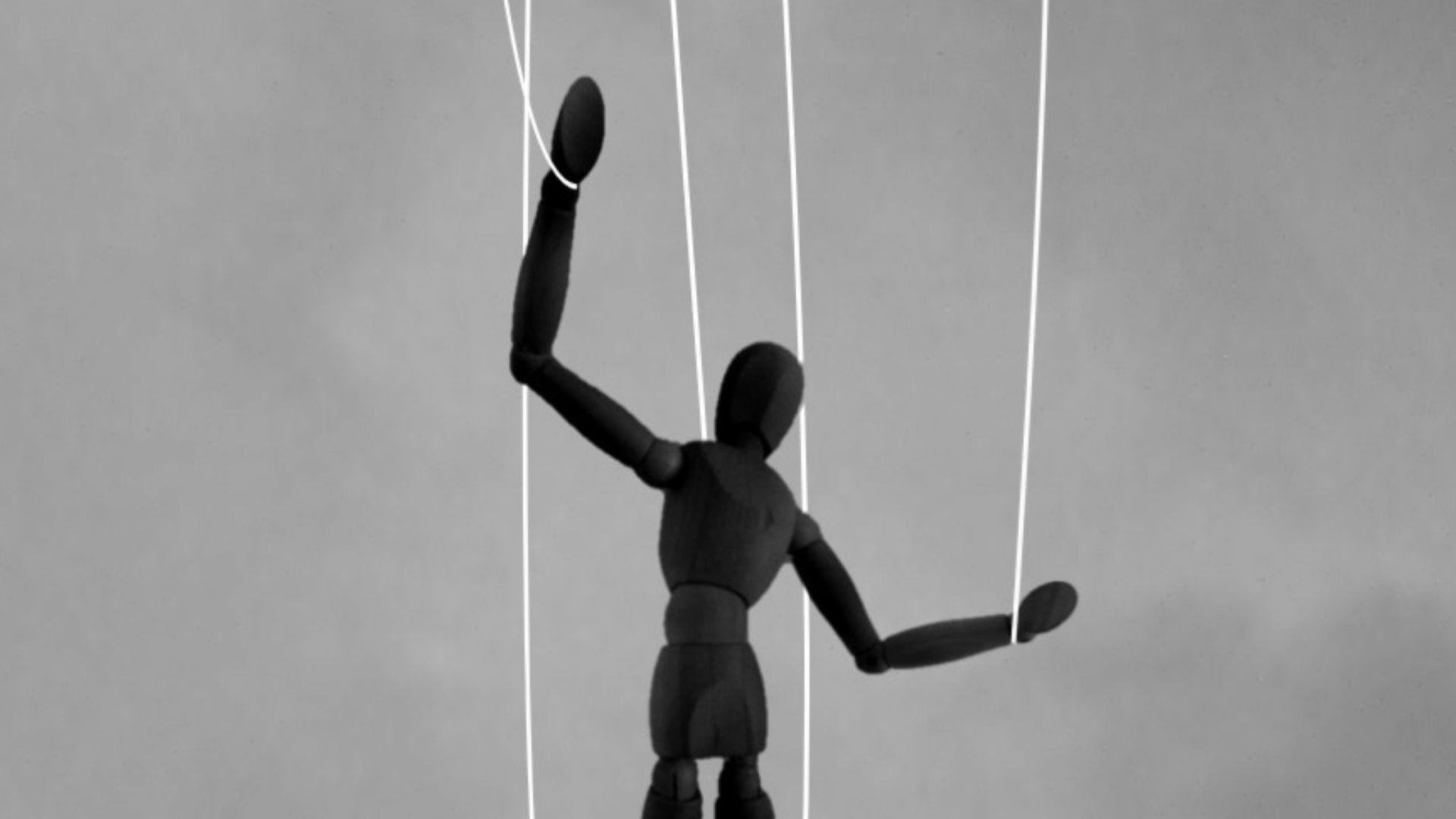Feeling The Pressure?
Mental health can be compromised in ways that you don't even notice until the damage has been done. Little by little, your daily routines, environments, and interactions can erode your emotional wellness without any obvious red flags. With that in mind, here are 20 things that damage your mental health without you even realizing it.
 Sebastian Herrmann on Unsplash
Sebastian Herrmann on Unsplash
1. Out of Your Control
Anxiously ruminating about things you cannot control, such as what other people think about you or uncontrollable daily events, can be extremely detrimental to your mental health. Doing so can cause you to put yourself under a chronic level of stress of which you may not be consciously aware. When in this state, you will likely find yourself running low on energy and focus while also feeling mentally fatigued without being able to point to the cause.
2. The Past
Obsessively dwelling on past behavior can have a silent negative impact on your mental health. Continually replaying "what if" scenarios keeps your mind in a cycle of regret and self-criticism. Over time, this may contribute to anxiety, low mood, and a diminished capacity to stay present.
3. Saying Yes
Passively agreeing to things you don't want to do is a subtle way of ruining your mental health. Habitually saying "yes" out of obligation or fear of conflict will accumulate stress and resentment over time. This pattern can lead to burnout, anxiety, and a sense of losing control over your own life.
 Drahomír Hugo Posteby-Mach on Unsplash
Drahomír Hugo Posteby-Mach on Unsplash
4. Survival Mode
Living in survival mode for long periods can slowly affect mental health. “Fight or flight” mode keeps stress hormones elevated even when there’s no immediate threat. Prolonged survival mode can lead to anxiety, burnout, and an inability to live life to the fullest.
5. Bad Content
Reading or consuming things that leave you feeling depleted may have an effect on your mental health without you even noticing. Continuously being exposed to negative news, toxic social media, or emotionally heavy media can cause an increase in stress and feelings of helplessness. Over time, this can lead to a loss of motivation, less focus, and mental fatigue.
6. Gut Instincts
Overlooking your intuition can have a silent negative impact on your mental state. You might experience internal conflict, uncertainty, or frustration that accumulates gradually. This persistent strain can heighten stress, reduce self-assurance, and leave you feeling detached from your own discernment.
7. Keeping Busy
Constantly keeping yourself busy so that you don't have to feel can silently sabotage your mental health. By distracting yourself from feelings, you can't process the stress, sadness, or anxiety you feel, and this can add up. It can result in burnout, emotional numbing, and an increasing sense of disconnection from yourself and other people.
8. Low-Effort Friends
Keeping low-effort people in your life can slowly erode your mental health. Such relationships can sap your energy, cause unnecessary stress, and leave you feeling unappreciated or undervalued. Their lack of investment can chip away at your self-esteem and make it challenging to maintain healthy, supportive relationships.
9. Believing Negativity
Accepting every negative thought you have is a silent form of self-sabotage. When you tell yourself you’re not good enough, should have known better, or couldn’t possibly succeed at something you’re trying for the first time, you give power to the thoughts in your head. The more you fall into that mental trap, the more those feelings of anxiety and unworthiness become your worldview.
10. Avoiding Boundaries
Neglecting boundaries to avoid appearing “mean” can subtly damage your mental health. Sacrificing your needs consistently breeds stress, resentment, and burnout. Over time, this behavior can leave you feeling depleted, unappreciated, and out of touch with your own priorities.
11. Comparing Yourself
Constant comparison to others can silently harm your mental health. It can leave you feeling inadequate, jealous, and with low self-esteem without many outward symptoms. In the long term, this can decrease confidence and make it more difficult to feel good about your accomplishments.
12. Need For Rest
Ignoring rest is a quiet way of ruining your mental health. When you fail to prioritize breaks and downtime, your body and mind stay in a constant state of stress. In the long run, this can lead to burnout, decreased focus, and reduced overall well-being.
13. Bottling Emotions
Stifling your emotions may seem like the best way to keep the peace, but it silently damages your psychological well-being. Bottling up feelings breeds stress, anxiety, and an increasing sense of disconnection from your true self. This coping mechanism can gradually erode your identity and emotional resilience without anyone realizing.
14. Lack of Sleep
When you consistently don't get enough shut-eye, your mood, concentration, and emotional control can take a hit. It's not uncommon to wake up feeling grumpy or anxious and wonder why you're feeling off without attributing it to your sleep habits. The cumulative effect of those subtle blows can add up to stress, depression, and lower resilience over time.
15. Actual Gaslighting
Gaslighting is a more insidious and discrete form of manipulation that slowly chips away at your own identity. It has you doubting your own thoughts, memories, and perceptions. You lose yourself and are replaced by who someone else needs you to be.
16. A Dirty Environment
Dwelling in a persistently messy or cluttered environment can have a quiet detrimental impact on your mental health. Constant exposure to visual chaos can elevate stress levels, reduce concentration, and impair relaxation. Over time, it can contribute to a subtle but pervasive sense of overwhelm and anxiety.
17. The Wrong Job
Working in a job that doesn't align with your skills or values can take a toll on your mental health. It can cause chronic stress, low self-esteem, and a sense of purposelessness over time. It might not be immediately apparent, but the misalignment can sap your energy and happiness gradually.
18. Work Burnout
Pushing yourself to the brink every day and using none of your vacation days is subtly harming you. You are slowly beginning to become burnt out, stressed, and emotionally drained. You don't notice right away, but it's slowly ruining your motivation and ability to focus.
19. Social Media
Excessive social media use can insidiously impact your mental well-being. Constant comparison to others' highlight reels can breed feelings of inadequacy, anxiety, and low self-esteem. It can gradually warp your perception of reality and become a distraction from living in the moment and taking care of yourself.
 Mariia Shalabaieva on Unsplash
Mariia Shalabaieva on Unsplash
20. Toxic Relationships
Toxic relationships may not have an immediate impact, but they can chip away at your mental health over time. Enduring frequent criticism, manipulation, or negativity can make you feel depleted, anxious, or even not good enough. The damage may be insidious, making it hard to realize how your sense of self and emotional well-being is affected.

























